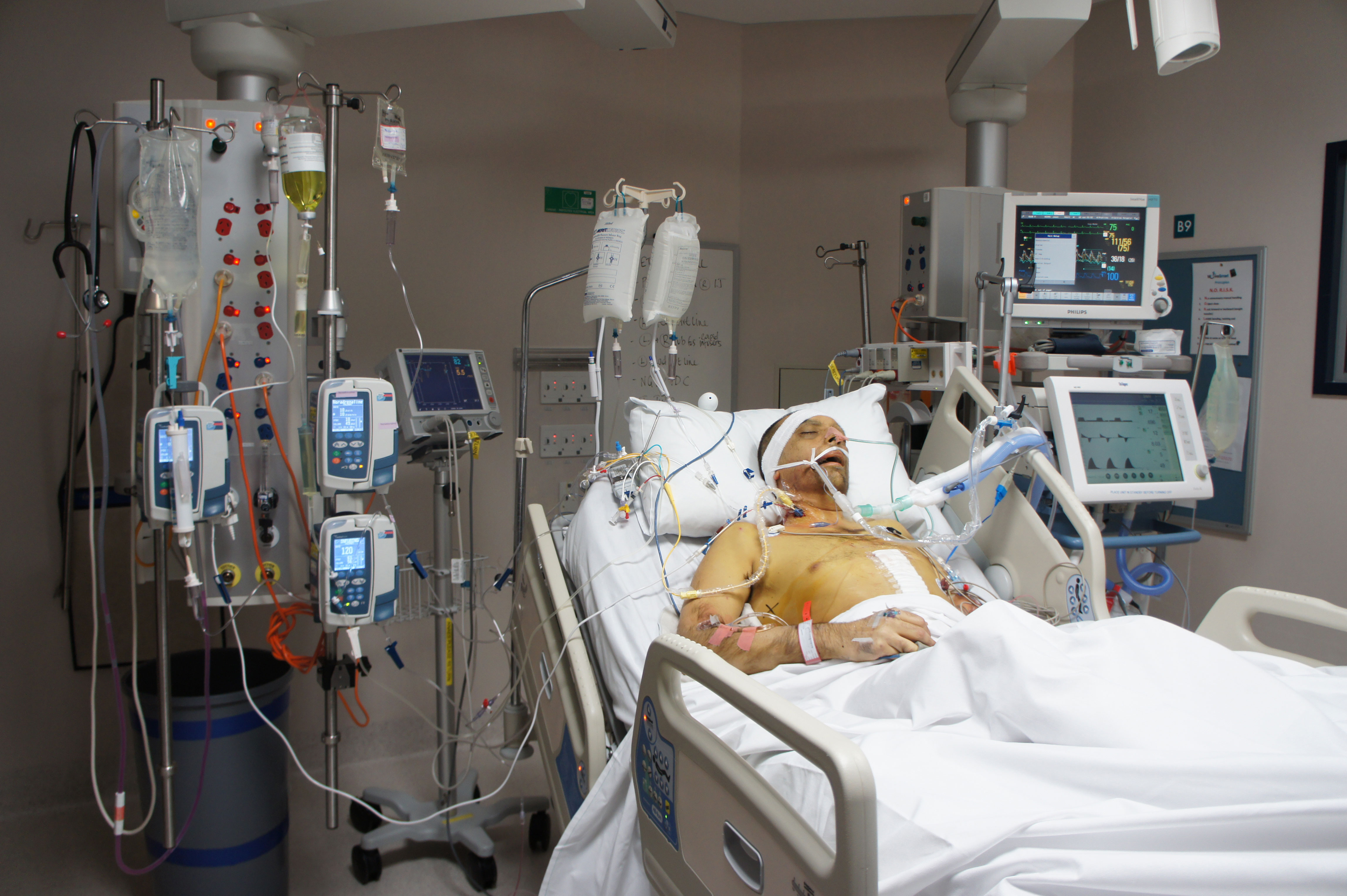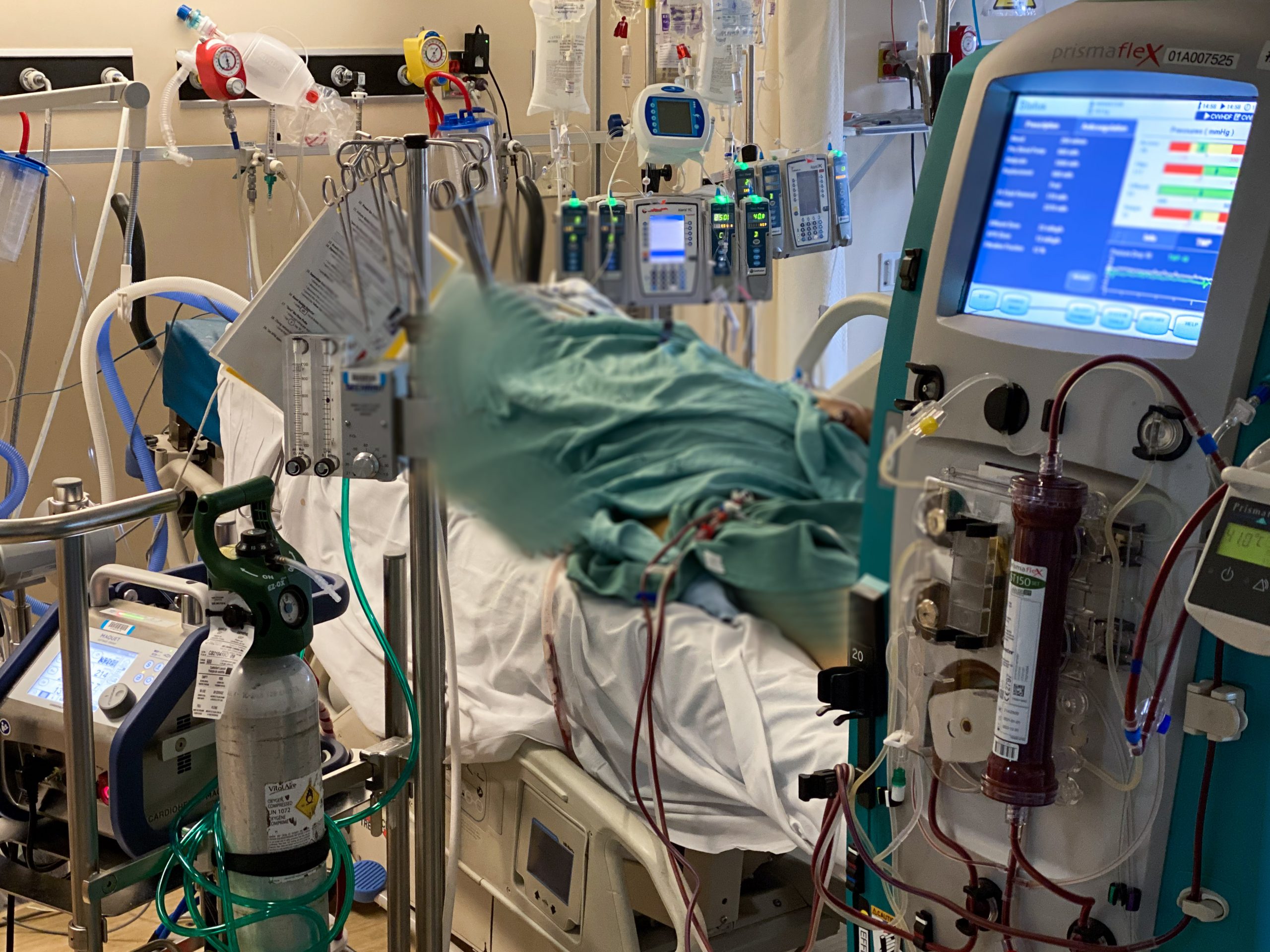Understanding ICU: A Comprehensive Guide To Intensive Care Units
Intensive Care Units (ICUs) play a vital role in modern healthcare systems worldwide. These specialized units are designed to provide critical care to patients with life-threatening conditions. ICU care is essential for managing complex medical situations that require constant monitoring and advanced interventions.
As medical technology advances, the importance of understanding ICU functions and operations becomes increasingly significant. Whether you're a healthcare professional, patient, or family member, gaining insight into how ICUs operate can help you make informed decisions about critical care.
This article will delve into the intricacies of ICU care, exploring its purpose, functions, and the professionals involved in delivering this specialized medical service. You'll also discover how ICUs contribute to patient recovery and improve overall health outcomes.
Read also:Unleashing The Power Of Movierulz 2025 Telugu Download Your Ultimate Movie Hub
Table of Contents
- What is an ICU?
- History of ICU Development
- Types of ICU Units
- Staff in ICU
- Equipment Used in ICU
- Patient Care in ICU
- ICU Protocols and Guidelines
- Cost of ICU Treatment
- Challenges in ICU Management
- Future of ICU Care
What is an ICU?
An ICU, or Intensive Care Unit, is a specialized department within a hospital that provides advanced medical care to patients with severe or life-threatening illnesses. Patients in the ICU require constant monitoring and specialized interventions that are not available in standard hospital wards.
ICUs are equipped with advanced medical equipment and staffed by highly trained professionals who specialize in critical care. These units are designed to handle complex medical conditions that require round-the-clock attention and specialized treatments.
Key Features of ICU
Some of the key features of an ICU include:
- Advanced life-support systems
- Continuous monitoring of vital signs
- Specialized medical staff
- Access to emergency interventions
History of ICU Development
The concept of ICU care dates back to the early 20th century. However, the modern ICU as we know it today began to take shape in the 1950s and 1960s. During this period, advancements in medical technology and the development of new treatments led to the need for specialized units capable of managing critically ill patients.
Evolution of ICU Care
Over the decades, ICU care has evolved significantly, incorporating new technologies and treatment protocols. Today, ICUs are at the forefront of medical innovation, offering cutting-edge treatments and interventions that improve patient outcomes.
Types of ICU Units
Not all ICUs are the same. Depending on the hospital and the specific needs of patients, there are various types of ICU units. Some of the most common types include:
Read also:Jack Reacher Nude Scene The Untold Story Behind The Controversy
- Medical ICU (MICU)
- Surgical ICU (SICU)
- Neonatal ICU (NICU)
- Pediatric ICU (PICU)
- Cardiac ICU (CCU)
Each type of ICU is tailored to address the unique needs of specific patient populations, ensuring that patients receive the most appropriate care for their conditions.
Staff in ICU
ICUs are staffed by a multidisciplinary team of highly trained professionals. These include:
- Critical care physicians
- Registered nurses
- Respiratory therapists
- Pharmacists
- Physical therapists
Each member of the ICU team plays a crucial role in providing comprehensive care to patients. Their expertise and collaboration are essential for ensuring positive patient outcomes.
Role of ICU Nurses
ICU nurses are an integral part of the critical care team. They are responsible for monitoring patients, administering medications, and providing emotional support to patients and their families. Their dedication and skill are vital to the success of ICU care.
Equipment Used in ICU
ICUs are equipped with a wide range of advanced medical devices designed to monitor and support critically ill patients. Some of the most common equipment includes:
- Ventilators
- Defibrillators
- ECMO machines
- Infusion pumps
- Monitors for vital signs
These devices are essential for maintaining patient stability and providing life-saving interventions when necessary.
Patient Care in ICU
Patient care in the ICU is highly specialized and focuses on addressing the unique needs of critically ill patients. This includes:
- Continuous monitoring of vital signs
- Administration of medications and fluids
- Management of ventilators and other life-support systems
- Coordination of care with other medical specialties
The goal of ICU care is to stabilize patients and prepare them for recovery or transfer to a lower level of care.
Family Involvement in ICU Care
Family involvement is an important aspect of ICU care. Healthcare providers work closely with families to keep them informed about their loved one's condition and treatment plan. This collaboration helps ensure that patients receive the best possible care and support during their recovery.
ICU Protocols and Guidelines
ICUs operate according to strict protocols and guidelines designed to ensure the highest quality of care. These protocols cover everything from infection control to medication administration and are regularly updated to incorporate the latest medical research and best practices.
Importance of Protocols
Following established protocols is crucial for maintaining patient safety and improving outcomes. These guidelines help ensure consistency in care and reduce the risk of errors or complications.
Cost of ICU Treatment
ICU care can be expensive due to the specialized nature of the services provided. Costs can vary depending on the length of stay, the type of treatments required, and the hospital's location. On average, ICU treatment can cost thousands of dollars per day.
It's important for patients and their families to understand the financial implications of ICU care and work with healthcare providers to manage costs effectively.
Insurance Coverage for ICU
Most health insurance plans cover ICU care, but the specifics can vary. Patients should review their insurance policies carefully to understand what is covered and any potential out-of-pocket expenses.
Challenges in ICU Management
Managing an ICU presents several challenges, including:
- Staff shortages
- High patient-to-nurse ratios
- Resource limitations
- Emotional stress on staff and families
Addressing these challenges requires a collaborative effort from healthcare providers, administrators, and policymakers to ensure that ICUs can continue to provide high-quality care.
Future of ICU Care
The future of ICU care looks promising, with ongoing advancements in medical technology and treatment protocols. Innovations such as telemedicine, artificial intelligence, and personalized medicine are expected to play a significant role in shaping the future of critical care.
As these technologies continue to evolve, ICUs will be better equipped to handle complex medical conditions and improve patient outcomes.
Emerging Trends in ICU
Some of the emerging trends in ICU care include:
- Tele-ICU systems
- AI-driven patient monitoring
- Genomic medicine
Conclusion
In conclusion, ICUs are vital components of modern healthcare systems, providing specialized care to critically ill patients. Understanding the functions and operations of ICUs is essential for anyone involved in healthcare, whether as a professional, patient, or family member.
We encourage readers to share their thoughts and experiences in the comments section below. Additionally, feel free to explore other articles on our website for more information on healthcare topics. Together, we can continue to advance our understanding of critical care and improve patient outcomes worldwide.

